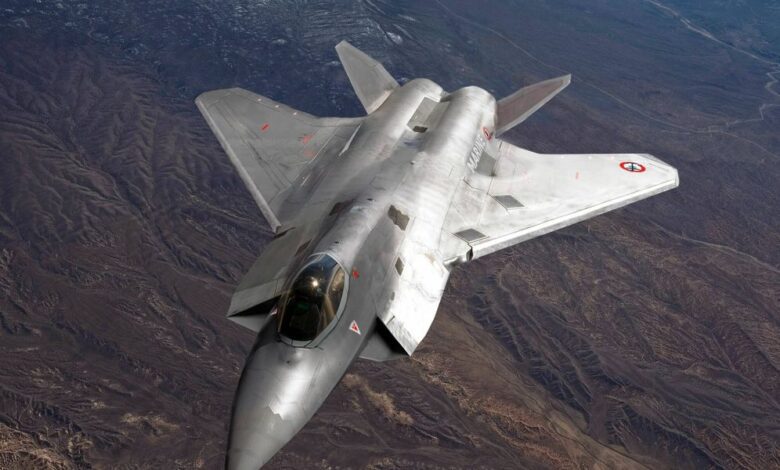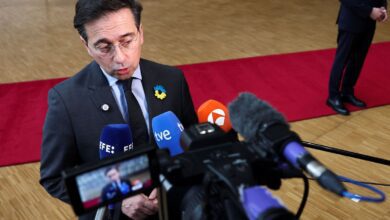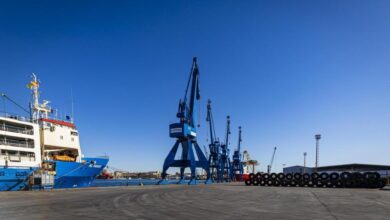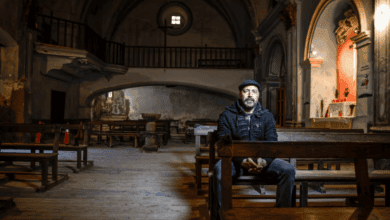
Three European countries once enthusiastically embarked on building a next-generation fighter jet meant to symbolize the continent’s technological leadership. However, today the ambitious FCAS (Future Combat Air System) project is on the brink of collapse due to mounting disagreements between France and Germany. Despite having formal equality, Spain increasingly finds itself relegated to the role of a bystander, with little real influence over the proceedings.
The difficulties did not start yesterday. From the beginning, the program required massive investments and coordination among dozens of companies from the three countries. The main players are Dassault, Airbus, and Indra, each responsible for key areas of development. In principle, all participants were to share responsibilities and benefits equally, but in practice, this balance has proven fragile.
In recent months, tensions between Paris and Berlin have reached a peak. The German side has openly accused its French partners of trying to take control of everything related to the new fighter’s main platform. The French company Dassault demands detailed information from its colleagues about every stage of the work, yet is reluctant to share its own findings. This one-sided approach is causing frustration not only among the Germans but also among other participants, including less prominent companies.
As a result, the project has effectively stalled. Negotiations are difficult, deadlines are being pushed back, and development costs continue to rise. This is particularly painful for Spain, which has no alternative plans for modernizing its Air Force and risks being left without advanced technologies. If the situation does not improve, FCAS could follow the fate of other high-profile but unrealized European initiatives. The question remains: should the struggle for this project continue, or is it better to look for new directions?












